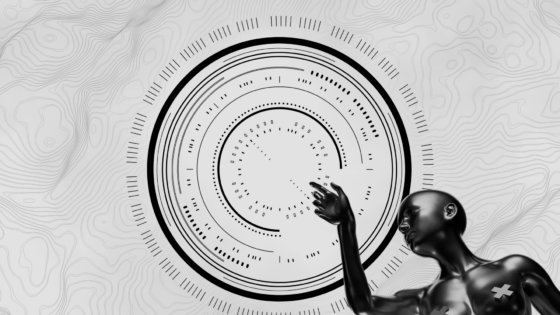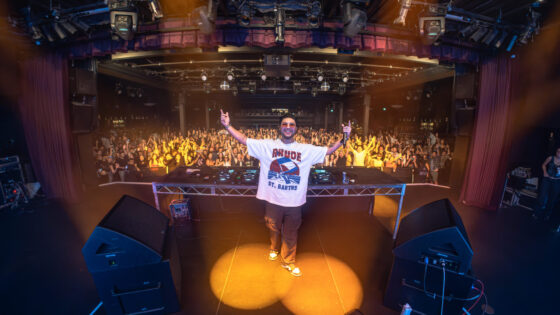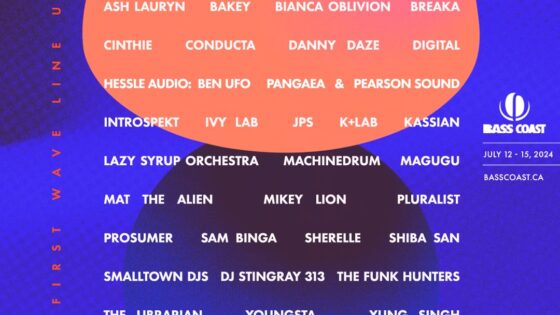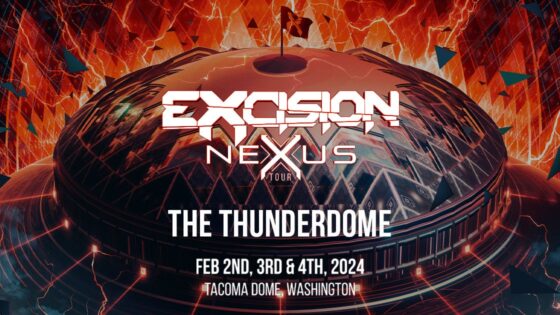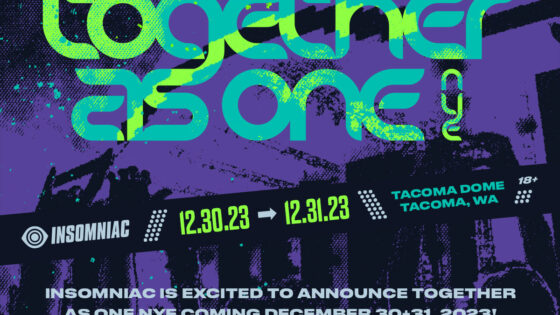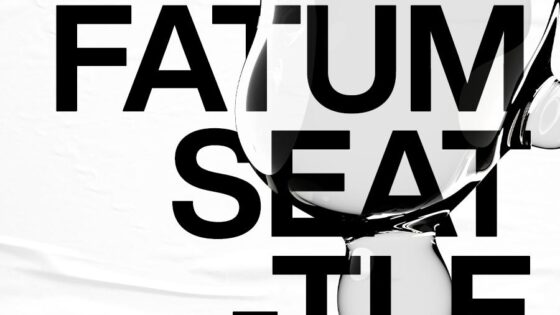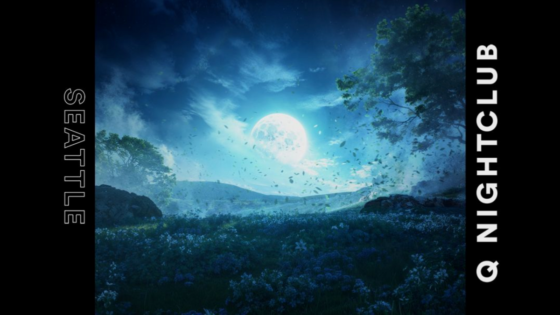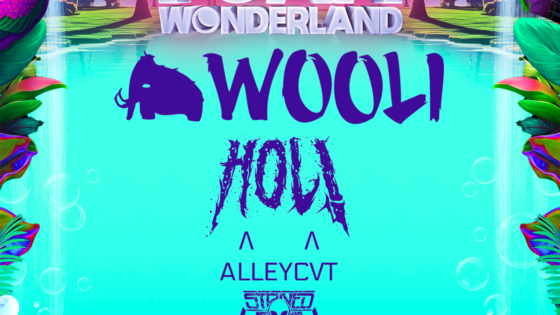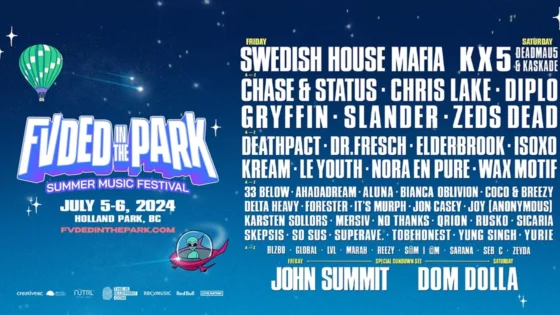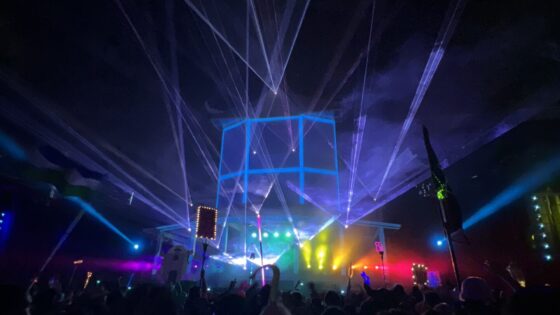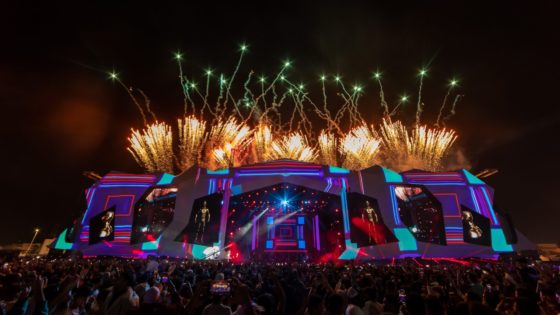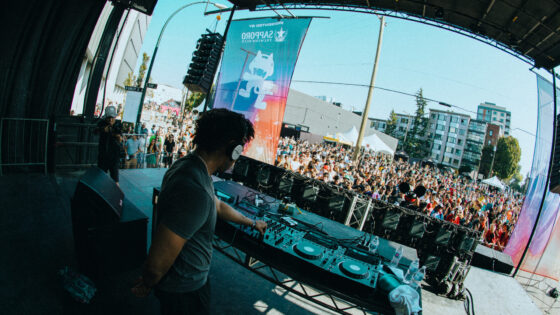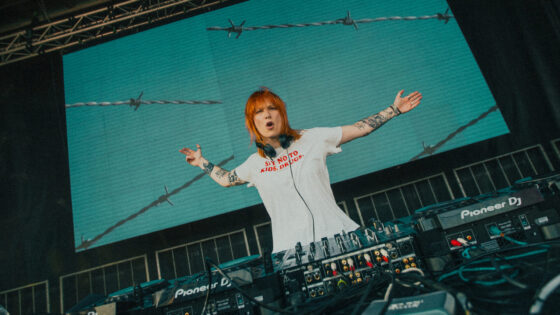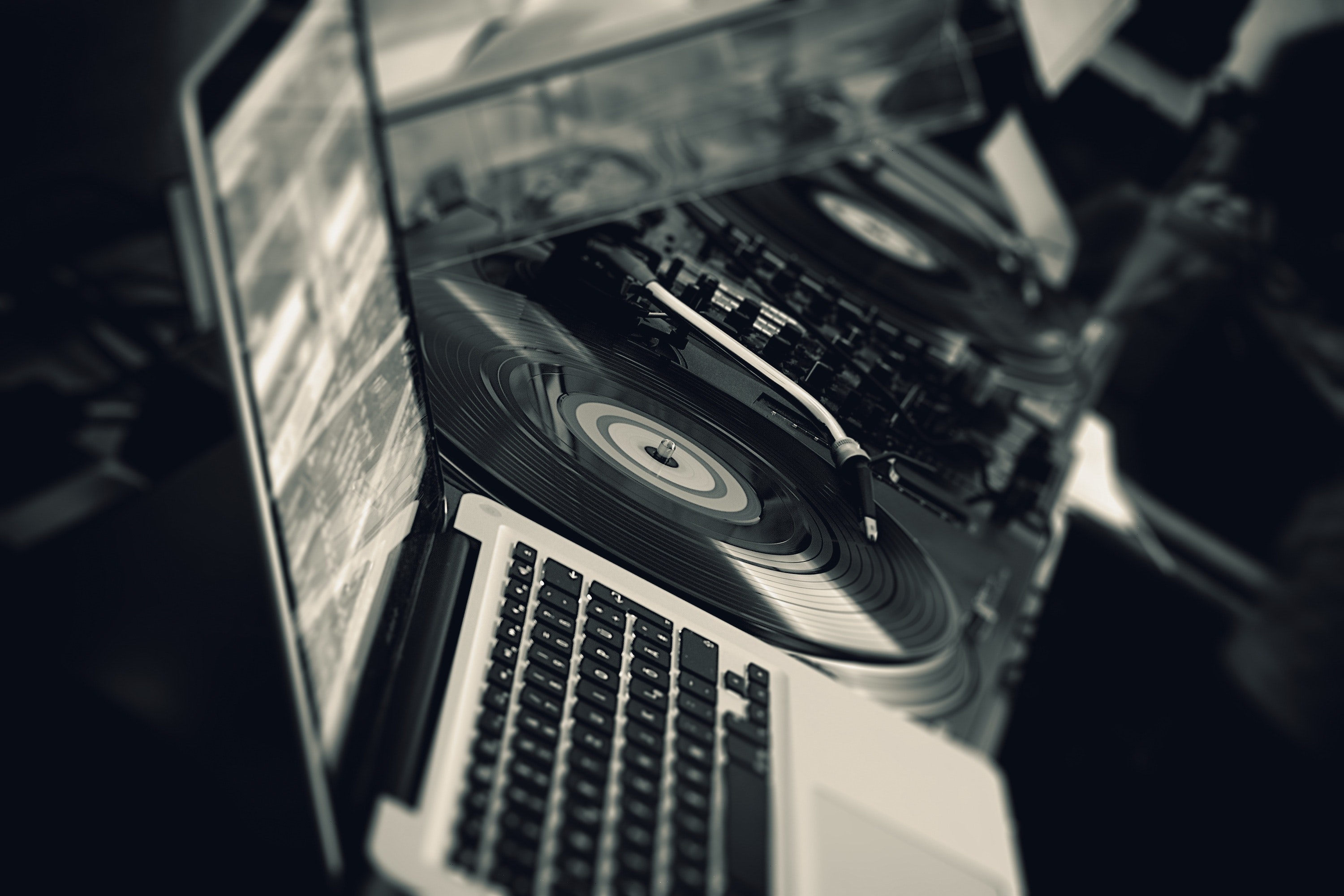The British dance music community has recently started asking: is dance music becoming too prohibitive? The scene got its start with lower-class musicians and clubbers looking for an escape from outside economic pressures, but lately, DJs and producers are starting to wonder if the scene’s starting to look too middle class. While the conversation’s primarily happening in Britain, it may be time for Americans, and especially Seattle natives, to ask the same questions.
Seattle has always been known as a music capital; since the success of grunge, many music fans have made pilgrimages to the Emerald City. In the 1990s, an electronic dance music scene grew up in the same city, and today, Seattle is home to Bumbershoot, a nationally famous festival and frequently hosts some of the industry’s biggest names.
But what does that mean for less privileged musicians and fans? More and more DJs and producers are pursuing a formal education at community colleges or specialized production skills. Unlike early DJing practices, technical know-how isn’t just passed on from DJ to DJ. And, while that might make opportunities more available to communities that weren’t historically privy to insider information (like women), it also serves as a barrier for low-income communities.
Most program grants for low-income music lessons focus on classical music. Few opportunities are available in popular genres, like dance music. The cost of production and DJing equipment, in addition to access to the education that’s starting to characterize the field, just aren’t practical for many would-be DJs who might have flourished 20 years ago.
Ticket prices and the popularity of major, luxury festivals might also be limiting the crowds. Detroit’s Movement festival used to be completely free to the city’s residents. In 2009, however, the city cut off the festival’s public funding, meaning promoters had to start charging entry fees. Music journalist Matthew Collin has noted how drastically the make-up of the Movement crowd has changed.
Instead of locals of all classes, you see young jet setting middle-class techno fans making a pilgrimage to the festival. And, while that’s fine, it pushes the genre away from its roots and prevents all fans from fully engaging with the culture. The price of club tickets is also more prohibitive than the free underground shows of the ’90s, only allowing well-to-do fans to consistently see their favorite DJs when they’re in town.
Matt Anniss of DJ Mag suggests collective movement from within the culture to change this socioeconomic shift. Though both Anniss and Collin take a rather extreme point of view that innovation can only happen in marginal culture and not the mainstream, they both make valid points that it’s hard to see a bright future for EDM if the genre is restricted to only a professional class of musicians who are beholden to marketing and record labels.
Do you think this shift is a problem for dance music? Let us know on social media!
Important things happen in Pacific Northwest nightlife, and DMNW will send you alerts!




